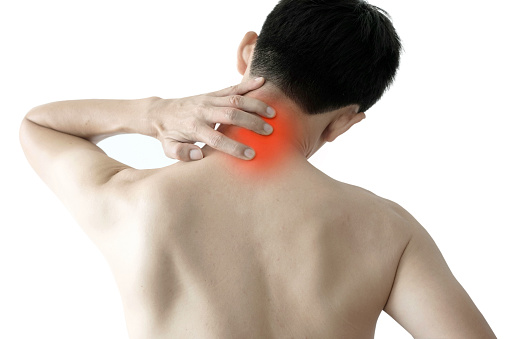At Premier Chiropractic Center, serving Bessemer, AL, and the nearby region, we believe that educating people about possible chronic problems is essential for them getting the care they need. This week’s topic is about spondylosis. While the name sounds a bit peculiar, it’s a serious condition that can affect the person’s quality of life, as it causes pain, headaches, and possibly difficulty walking. Let’s discuss.
General Information
Spondylosis is a form of arthritis that affects the spine. It comes from wear and tear, sometimes, when the discs and vertebrae begin to deteriorate. In some cases, though, bone spurs will develop on the vertebrae rather than disc and vertebral deterioration. And it’s also possible for both to occur simultaneously.
In older individuals, spondylosis most often affects the cervical spine — the part that makes up your neck. However, it’s possible to have thoracic spondylosis, which affects the middle of your spine, or it could affect your lower back, known as lumbar spondylosis. For some individuals, it affects more than one area of the back, which is known as multilevel spondylosis.
Symptoms
A majority of people don’t ever experience symptoms from age-related spondylosis.
If pain is felt, it varies from person to person. A person may have pain for an extended period, but it’ll later go away. Some individuals trigger the pain by performing sudden movements. You may also cause pain or stiffness if you sit for prolonged periods of time.
Although it isn’t common, some people have more serious symptoms of spondylosis. For instance, the person may feel a grinding or popping sensation when he or she moves his or her spine. The person might experience hand or leg weakness, depending on the location of the spine affected. Other possible symptoms include the following:
- Poor coordination
- Headaches
- Loss of balance
- Difficulty walking
- Muscle spasms
- Loss of bowel or bladder control
Who’s at Risk?
Certain factors may put you more at risk for spondylosis than others. By understanding the risk factors, you can better assess if you could have this condition and benefit from a comprehensive analysis along with chiropractic care.
For example, if you have a family history of spondylosis, your chances of developing this condition are higher than if you didn’t have a relation with it. Due to the stress being overweight puts on your back, heavier individuals, especially those who are obese, have a greater risk. Additionally, if you live an inactive lifestyle, no matter your size, your likelihood increases.
Other causes that elevate your chances of this condition include the following:
- Smoking
- Having a spinal injury
- Having spinal surgery
- Having a job where you perform repetitive tasks that stress the spine
- Suffering from depression or anxiety
Chiropractic Care
Once our practitioner determines this is the problem, he’ll decide on a treatment that may consist of routine chiropractic adjustments. The purpose of these is to realign the spine and reduce stress on the soft tissue and nerves. They’re even known to help with stiffness.
Therapeutic exercise is often part of the equation. This works the muscles and soft tissue in your back, strengthening them and increasing their range of motion. Ultimately, this decreases the toll the condition takes on your body. Plus, it can reduce any stiffness you have.
Lifestyle advice may be given to help you better manage your condition at home. Our practitioner may recommend you change your mattress to one that provides better support for your back. He may suggest certain exercises you can do at home to keep the muscles loose and optimize your flexibility while not stressing your back.
At Premier Chiropractic Center, serving Bessemer, AL, and the general vicinity, we’re available to help this with spondylosis. But, before you receive treatment, it helps to recognize the signs. In fact, anytime you have back pain that won’t ease up or comes on suddenly, take notice because it could benefit you to visit a chiropractor.
If you’re suffering from any of the aforementioned symptoms or have pain back in general, contact us today for an appointment by calling 205-519-4024. You may also use our contact form.

Recent Comments